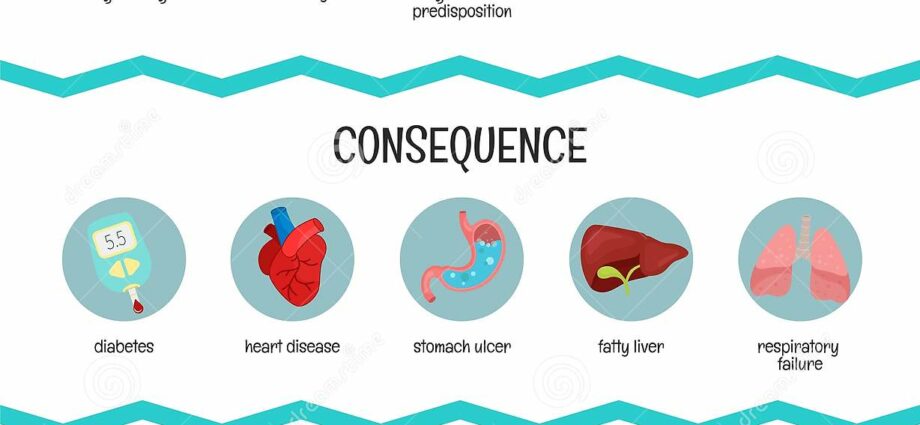Prevention of obesity
Basic preventive measures |
Preventing obesity can begin, in a way, as soon as one begins to eat. Studies show that the risk of obesity is closely related to eating behavior duringchildhood. Already, from 7 months to 11 months, American infants consume 20% too many calories compared to their needs15. One-third of American children under 2 don’t eat fruits and vegetables, and among those who do, French fries top the list15. As for young Quebecers aged 4, they do not eat enough fruits and vegetables, dairy products as well as meats and alternatives, according to the Institut de la statistique du Québec.39. FoodConsuming weight loss products and undergoing severe diets without changing your eating habits is certainly not a good solution. A healthy diet should be varied and include fresh fruits and vegetables. Eating well involves cooking your own meals, replacing certain ingredients, flavoring foods with herbs and spices, taming new cooking methods in order to use less fat, etc. Consult our Nutrition sheet to know the basic principles of a healthy diet. Some advice for parents
Physical activityPhysical activity is an essential part of maintaining a healthy weight. Moving increases muscle mass and therefore energy needs. Get the kids moving, and move with them. Limit television time if necessary. A good way to be more active on a daily basis is to go to the small shops in your neighborhood by walking there. SleepNumerous studies show that sleeping well helps in better weight control18,47. Lack of sleep may cause you to eat more to compensate for the decrease in energy felt by the body. Also, it could stimulate the secretion of hormones that trigger appetite. To find ways to sleep better or overcome insomnia, see our Did you sleep well? File. Stress managementReducing the sources of stress or finding the tools to manage them better can make it less likely that you will calm down with food. In addition, stress often causes us to eat faster and more than necessary. See our Stress and Anxiety feature to learn more about ways to help you cope better with stress. Act on the environmentTo make the environment less obesogenic, and therefore to make healthy choices easier to make, the participation of several social actors is necessary. In Quebec, the Provincial Working Group on the Problem of Weight (GTPPP) has proposed a series of measures that the government, schools, workplaces, the agri-food sector, etc., could take to prevent obesity.17 :
|










